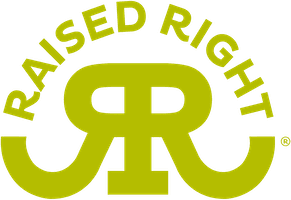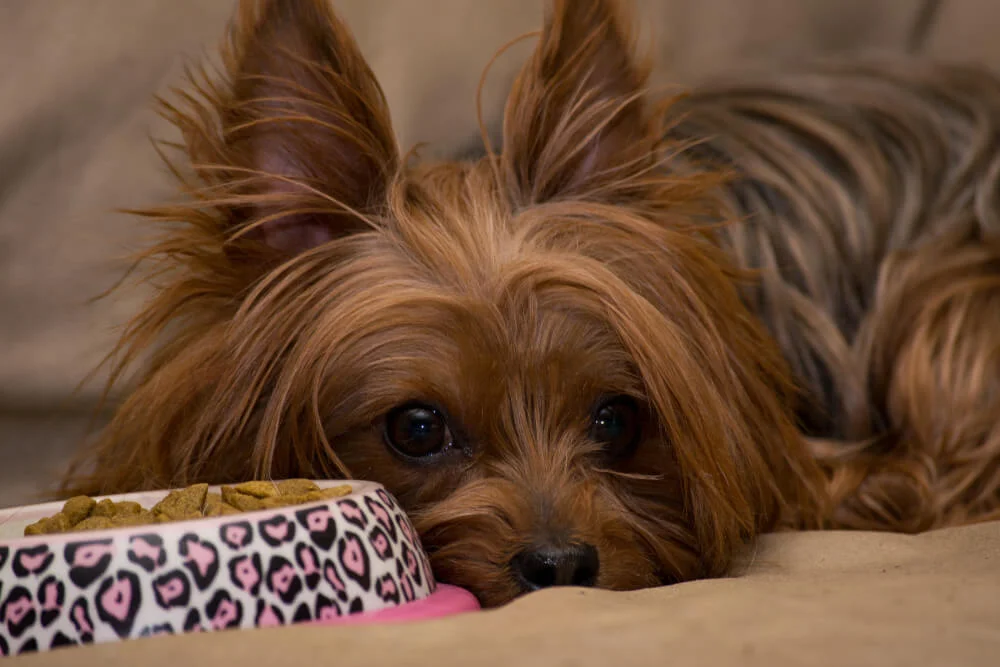
Knowing what Yorkies can eat and not eat is a really important part of being a Yorkie pet parent. Not only is it important to feed your dog a nutritionally balanced diet that contains everything they need to stay healthy, but it’s also important to avoid foods that could upset their tummy or even make them seriously unwell. Let’s find out which foods are safe, what a good diet might be for a Yorkie, and which foods to avoid.
If you’re looking for tips on finding dog food for a French Bulldog or a Maltese, follow the links for more information.
What dog food can Yorkies eat?
If you’re responsible for feeding a Yorkie, it’s important to choose a high quality diet with the right amounts of vitamins, minerals, and protein. Your dog might prefer wet over dry food, or vice versa. If your Yorkie is particularly picky, you might find that you’re chopping and changing their diet regularly, trying to tempt them to eat a bit more. If this is the case, you might find that your dog finds a “home cooked style” complete & balanced diet that consists of human-grade whole food ingredients more palatable. A limited-ingredient diet could help the skin of dogs with allergies, while a low-carbohydrate diet can help to reduce inflammation.
What can Yorkies eat aside from dog food?
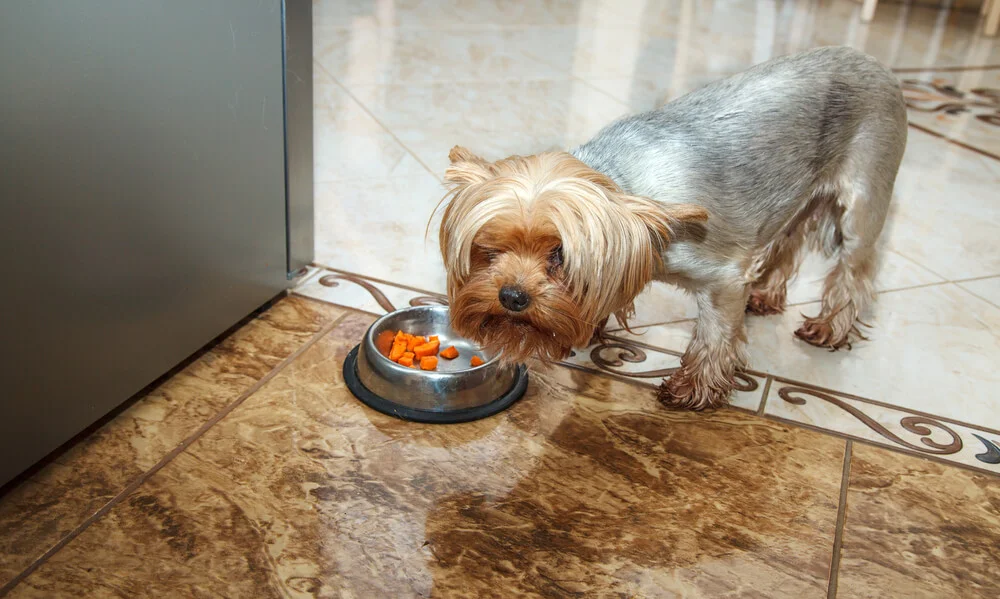
There are quite a few vegetables that are safe for dogs to eat such as broccoli and carrots.
It’s understandable to want to spoil your dog sometimes or give them a bit of variety in their diet. From human food to chews and treats, it’s important to make sure that you don’t overdo it with the little extras. The mainstay of your dog’s diet should be nutritionally complete dog food, and anything you give in addition to this could cause weight gain or nutritional imbalances.
Vegetables
There are quite a few vegetables that are safe for dogs to eat. Broccoli and carrots can be offered safely, but make sure portions are finely chopped to reduce the risk of choking. Vegetables can be a great way to increase fiber, vitamins, and minerals in your dog’s diet.
Meat and fish
Most meat and fish are fine for your dog to eat, but you should avoid fatty cuts and bones and be sure not to use seasoning or cooking fats. Chicken, turkey, and white fish are great low-fat options.
Fruit
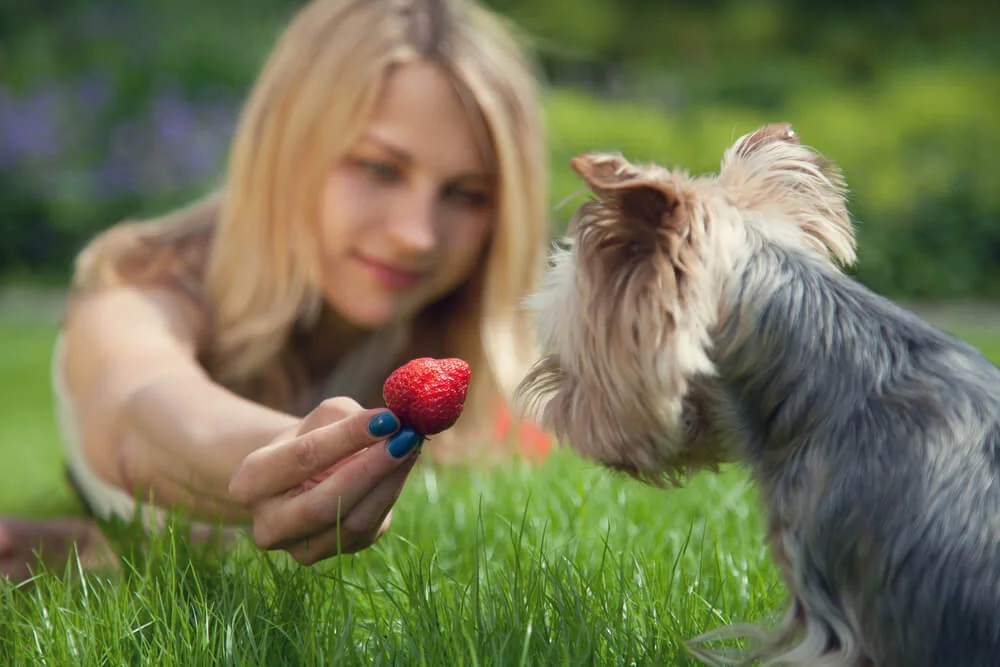
Strawberries and a few other fruits are fine for your Yorkie.
Apples, cranberries, strawberries, and blueberries are fine for your dog. However, apple cores should be avoided.
What can’t Yorkies eat?
Chocolate
Chocolate is toxic to dogs, so you should never give it, even as a treat. Theobromine is a toxic compound in chocolate, and it’s found at a higher concentration in dark chocolate. If your dog might have eaten milk or dark chocolate, you should speak to your vet immediately.
Garlic and onions
Garlic, onions, and the rest of the allium family are poisonous to dogs. They can cause anemia which can be life-threatening. Don’t forget that this also includes wild allium plants that could be growing in your garden or in areas where you walk your dog.
Raisins and grapes
Raisins and grapes can cause kidney failure in dogs. Unfortunately, there’s no known toxic dose of grapes or raisins. This means that one dog could eat five grapes and be fine, while another could eat just one and end up with life-threatening kidney damage. Therefore, it’s really important to keep grapes, raisins, and food containing raisins, out of reach.
Fruit stones and corn cobs
Fruit stones, pits, and corn cobs are common causes of gut blockages in dogs. So, make sure you keep your dog out of the trash and don’t leave fruit and vegetables lying around where your dog might help themselves.
Sweeteners
Xylitol, a sweetener found in chewing gum and some peanut butter, has fatal consequences if consumed by dogs. Always check the ingredients if you’re unsure whether a food contains xylitol.
Fatty foods
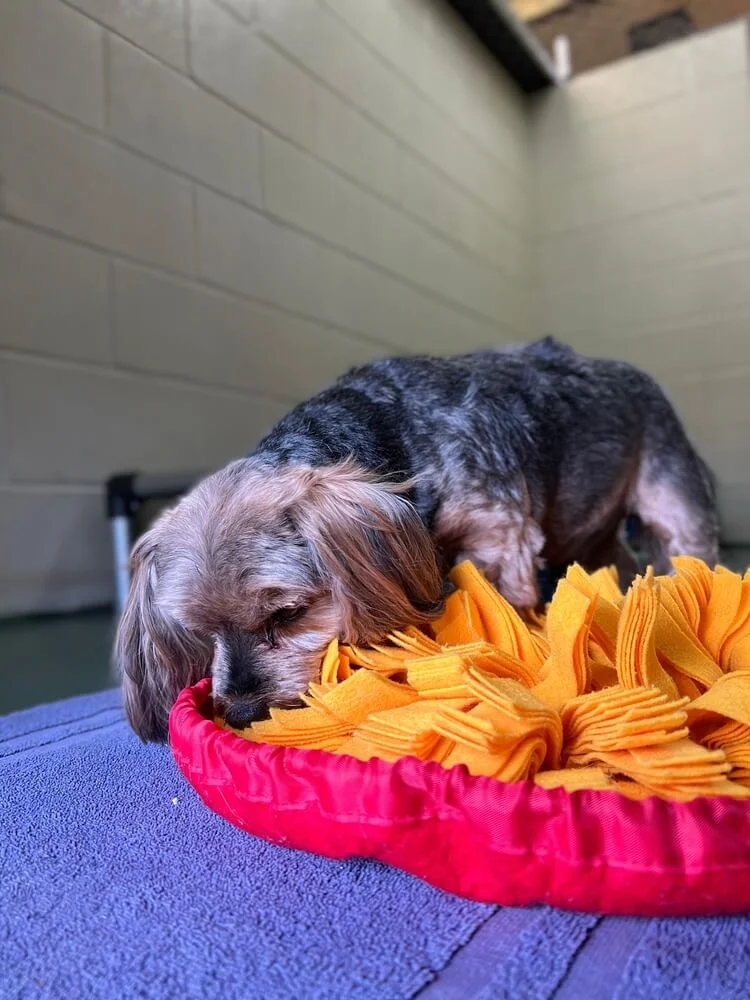
Fatty foods shouldn’t be given to your dog because they can cause pancreatitis in dogs and should be avoided.
Fatty foods like cheese can cause pancreatitis in dogs. The pancreas gland can become inflamed causing intense abdominal pain and vomiting. Pancreatitis can be very serious, but fatty foods also cause weight gain, so it’s definitely a good idea to keep fatty foods to a minimum.
Dairy
All dogs are lactose intolerant to some degree. You might find that your Yorkie can tolerate a small amount of dairy, but that a little more gives them an upset stomach. Aside from causing diarrhea, dairy could also cause your dog to gain weight or lead to pancreatitis, so keep it for once in a blue moon.
Summary
Every pet parent wants the best for their furry family member. Choosing the right dog food isn’t always easy, so make sure to do your research before selecting what diet is best for your Yorkie.
FAQ
What human foods can a Yorkie eat?
The staple of any dog’s diet should be nutritionally complete dog food. However, it’s okay to offer occasional treats. If you are unsure whether a food is safe for your dog to eat, ask your veterinarian.
What can I feed my Yorkie instead of dog food?
Formulating homemade dog food is very complex. If you make your own you could risk causing your dog a deficiency and making them unwell.
Can Yorkie eat regular food?
Yorkies should eat primarily dog food. It’s okay to feed them dog-safe treats occasionally but make sure you don’t do this too often as they might stop wanting their dog food.
What veggies can a Yorkie eat?
Yorkies can safely eat veggies like broccoli & carrots. Avoid green potatoes, garlic, and onions, and make sure you don’t use seasoning or cooking oil.
